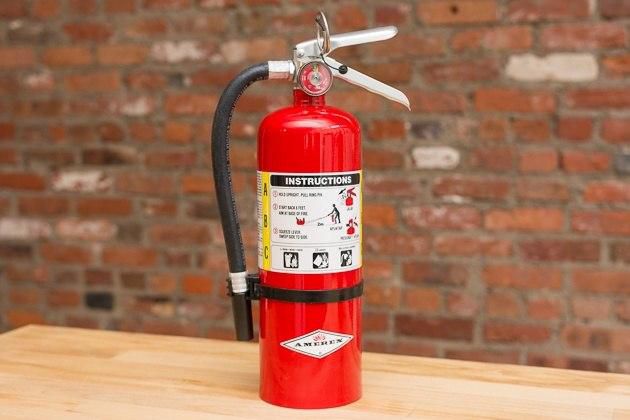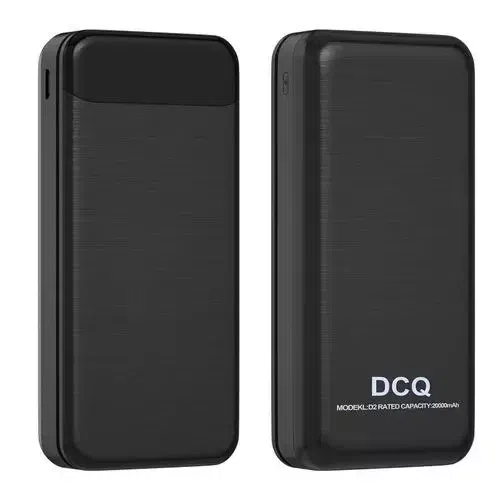10 things you must always have in your car as a Nigerian
)
Owning a car in Nigeria is more than just about driving from point A to point B. You have to be prepared for anything, from police checkpoints to potholes deep enough to swallow a small child.
Forget those fancy "car essentials" lists you see online. This is Nigeria, and our reality demands a different kind of preparation. These items can save you from embarrassment, danger, or unnecessary police wahala. We’re talking about safety essentials, emergency tools, and yes, those all-important car documents that police like to use to “greet you.”
So before you start your engine next time, take a few minutes to go through this list and make sure you’re not caught off guard. Trust me, your future self will thank you.
1. Driver’s license
)
This one’s a no-brainer. If you’re behind the wheel, you must have a valid driver’s license. It’s the first thing LASTMA, FRSC, or any random checkpoint officer will ask for.
Don’t fall for “Oga, you no get license?” drama. Always keep it in your wallet or glove compartment, and make sure it's not expired. A photocopy is not enough; carry the original.
2. Your complete car papers
In Nigeria, your car papers are like your passport. Without them, you’re at the mercy of every uniformed officer looking to meet their daily quota. The police will ask for:
Original Vehicle License: That booklet that proves you’ve paid your dues to the government.
Insurance Certificate: Third-party insurance at least, unless you enjoy paying fines.
Proof of Ownership: Your purchase receipt or customs papers if it’s a foreign-used car.
Keep them in a waterproof folder because nothing invites trouble like handing over soggy, torn papers to an already irritated officer.
3. A reliable jump starter or booster cables
)
Your car battery will die at the most inconvenient time possible, maybe when you’re late for work, or worse, in the middle of a police checkpoint where turning off your engine becomes an invitation for "discussion."
A portable jump starter can save you from the embarrassment of begging strangers for help. If you prefer cables, make sure they’re thick enough to actually work, not those skinny wires that heat up like spaghetti in hot water.
4. A fire extinguisher

Car fires don’t happen often, but when they do, you’ll wish you had that little red canister within reach. Electrical faults, fuel leaks, or even an overheating engine, anything can happen, and you should be ready.
A small fire extinguisher could mean the difference between a minor scare and watching your entire car go up in flames while bystanders record for Instagram.
5. A first aid kit
)
From okada accidents to highway banditry, you never know when you or someone else might need emergency care. A basic first aid kit should include bandages, antiseptic wipes and pain relievers, and a tourniquet.
YOU SHOULD SEE: Here are 10 cars you can buy with ₦2 Million in Nigeria
6. A spare tyre that’s actually inflated
)
That spare tire in your boot? Yes, the one you’ve never checked since you bought the car? It’s probably flat. Nigerian roads are tire assassins. Potholes, sharp debris, and poorly constructed speed bumps are all waiting to ruin your day.
Always ensure your spare is properly inflated and that you have the tools to change it. Because calling a mechanic at 11 PM on a bad road is how horror movies start.
7. Extra fuel
You never know when fuel scarcity will hit or when the only filling station around will mysteriously run out of petrol the moment you arrive. A small, properly sealed fuel container can save you from being stranded.
8. A power bank or car charger

Your phone is your lifeline for GPS, emergency calls, or even recording encounters with overzealous law enforcement. You do not want a dead phone in a bad situation. Keep a power bank or car charger handy at all times.
9. A basic tool kit (screwdrivers, pliers, spanner)
You don’t need to be a mechanic, but having basic tools can help tighten a loose bolt, fix a dangling bumper, or at least make temporary repairs until you find a proper workshop.
10. Cash
Keep some emergency cash hidden (not in your wallet or glove compartment) for those unavoidable situations where negotiation is the only way out.
)
)
)
)
)
)
)
)
)
)

)
)
)
)
)
)